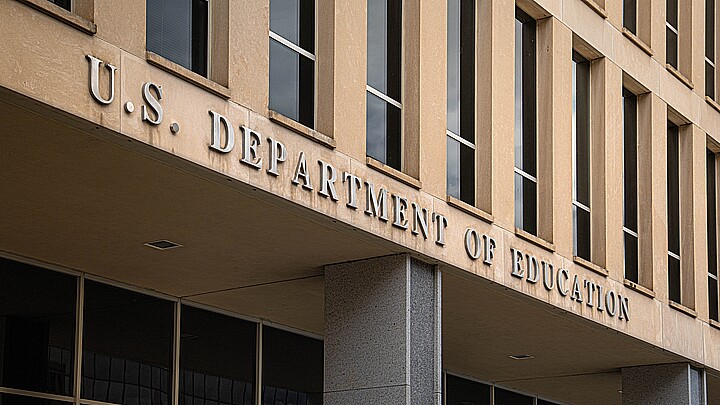Education
Chicago high school rolls out "woke" plan to grade based on race, not merit
Depending on their race, certain students will not be held accountable for missing class, misbehaving or failing to turn in course work
May 31, 2022 5:08pm
Updated: May 31, 2022 5:08pm
A Chicago high school is rolling out a race-based grading system in order to mitigate “inequities” brought about by “traditional grading practices.”
Beginning next school year, Oak Park and River Forest High School (OPRF) administrators will require teachers “to adjust classroom grading scales to account for skin color or ethnicity of its students.”
Depending on their race, certain students will not be held accountable for missing class, misbehaving or failing to turn in course work.
According to a report from West Cook News, School Board members discussed the new policy – called “Transformative Education Professional Development & Grading” – at a May 26 meeting after Assistant Superintendent for Student Learning Laurie Fiorenza presented the plan.
The new policy calls for a progressive teaching policy described as “competency-based grading, eliminating zeros from the grade book…encouraging and rewarding growth over time.”
“Teachers and administrators at OPRFHS will continue the process necessary to make grading improvements that reflect our core beliefs,” the plan reads.
Ultimately, the new policy is designed to address the fact that of the 38% of sophomores that fail the Scholastic Aptitude Test (SAT), 77% are Black, 49% are Hispanic and 27% are Asian.
Education Advisory Board Director Margaret Sullivan believes teachers have to recognize when “personal biases manifest.”
“Teachers may unintentionally let non-academic factors—like student behavior or whether a student showed up to virtual class—interfere with their final evaluation of students,” Sullivan said.
Fiorenza, for her part, called for the policy to be implemented after a report showed a spike in failing grades during the 2020-21 school year.
“OPRF’s administration will adopt language that makes and keeps the system visible and continues to name racism as a complex interconnected structure,” the report said. “We must recognize the unique challenges faced during the pandemic intensify the need for a systemic approach to confronting the racial and socioeconomic discrepancies often experienced by our underrepresented student population.”










